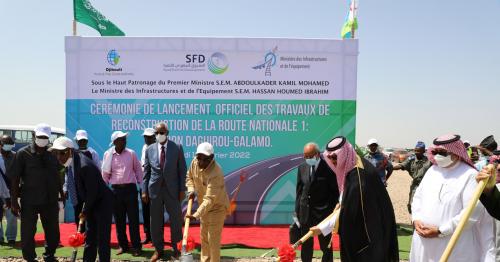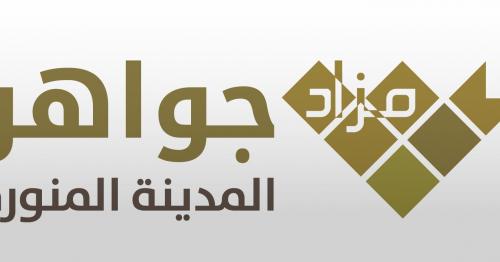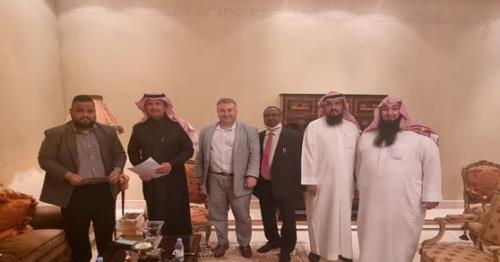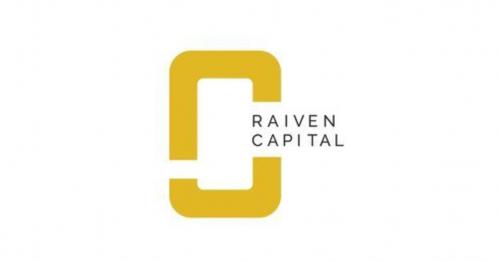Saudi Arabia’s Mawhiba launches platform for world’s creative minds

International experts in tech, education and science urged the Kingdom’s youth to explore new possibilities for a diverse future on the opening day of the King Abdul Aziz and His Companions Foundation for Giftedness and Creativity (Mawhiba) “Imagine the Future” global conference.
The conference, which was inaugurated on Sunday, is being held on the sidelines of the G20 Summit and in collaboration with the G20 Saudi Secretariat.
In his opening speech, Dr. Saud bin Said Al-Mathami, secretary-general of Mawhiba, said the world now realized that nations’ prosperity depends on the empowerment of talented and creative minds, which also shape the future.
“We are heading toward a re-skilling revolution, and there will be great demand for higher cognitive skills in domains of creativity, innovations and entrepreneurship,” he said.
Al-Mathami added that we need to realize that young gifted generation do not seek jobs but create them.
“They are not consumers of technology, but they are the ones who produce it,” he said, adding that Mawhiba membership is open to all those in the world who are interested in enabling giftedness and creativity.
Energy Minister Prince Abdul Aziz bin Salman, who is also chairman of the board of trustees of King Fahd University of Petroleum and Minerals (KFUPM), said that youthful innovation and gifted students are helping shape the future of Saudi Arabia, adding that with Vision 2030, Saudis have gone “beyond the idea of imagining.”
He said: “There is nothing better than training, educating and enabling the young to be the leaders of the future and the day they will have to develop for themselves,” he said.
He added that we cannot but be so humbled of how little we know when comparing ourselves with what the new generation is aware of today.
Prince Abdul Aziz said that KFUPM has launched many future-focused programs that also serve the objectives of the Vision 2030.
UNICEF Executive Director Henrietta Fore said that efforts are underway to reimagine education amid the pandemic, with a leap to digitizing teaching.
“We have high-tech, low-tech and no-tech countries, and we need to get education to children in all of these countries,” she said.
“We have a program, called Giga, in which we want to connect every school, every learner and every teacher to the Internet. We could really seek the help of corporations and foundations around the world to assist us, because children, whether they are gifted or exceptionally talented all over the world, to be connected with the other half of the world, and Giga is our initiative to do so,” she added.
Machio Kaku, a professor of theoretical physics, described how the world, the internet, jobs and the economy will look like 10, 50 and 100 years into the future.
“The young people are the world. Before science, there was misery, poverty and diseases. The average life for most human history was about 30 years of age. Life was tough but something magical happened. The world went through three waves in which scientists made inventions that changed the world,” he said, adding that there will be a fourth wave.
“The fourth wave is the physics at the molecular level: Artificial intelligence (AI), nano technology and biotech. We physicists have talked about the fifth wave, which we will see perhaps by the end of this century — fusion power, quantum computers and brain net,” he added.
Kaku said that coronavirus has accelerated man’s movement into the future. He claimed that AI will conquer the coronavirus as thousands of thermometers are already connected to the internet. “So, AI can instantaneously locate new outbreaks of the virus as they happen,” he said.






Comments